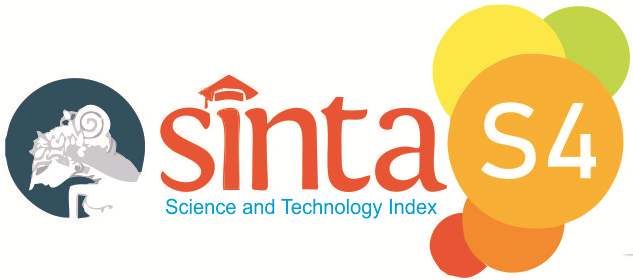DEFRAGMENTING BERPIKIR PSEUDO SISWA DALAM MENYELESAIKAN SOAL ALJABAR MATEMATIKA
DOI:
https://doi.org/10.32332/linear.v5i1.8161Abstract
Thinking process errors are usually caused by students not understanding the previous material. One of the reasons why students often make mistakes is that they are more interested in memorizing than understanding a material concept. Pseudo-thinking is a way of preparing steps that are inaccurate and not thorough, students tend to be able to answer questions but cannot give reasons. This research uses qualitative research with a descriptive type. The research subjects were class VII students at SMPN 2 Gandusari. The instruments of this research are tests and interviews, for data analysis based on the polya stages. The results of the research show that (1) at the stage of understanding the questions, students experience errors in analogical thinking and constructing concepts because students only understand in simple terms, so that students can explain the answers to the mistakes made, defragmenting and scaffolding are needed, (2) planning problem solving, students make mistakes in placing concepts because students do not understand the concepts and procedures, after being given defragmenting with scaffolding with concepts and procedures students can design problem solutions correctly (3) solve the problem in the problem, the lack of cognitive commitment of students causes students to lose control and break up hope, after being given conflict cognition students can solve the questions from the plans they have made, (4) examining the answers, students consider the answers that have been answered to be correct because they don't really understand the concept requested, after being given it is defragmented with disequilibration students can check the answer again with the concept that was asked. structured and correct
Keywords: defragmenting, pseudo thinking, algebra

















